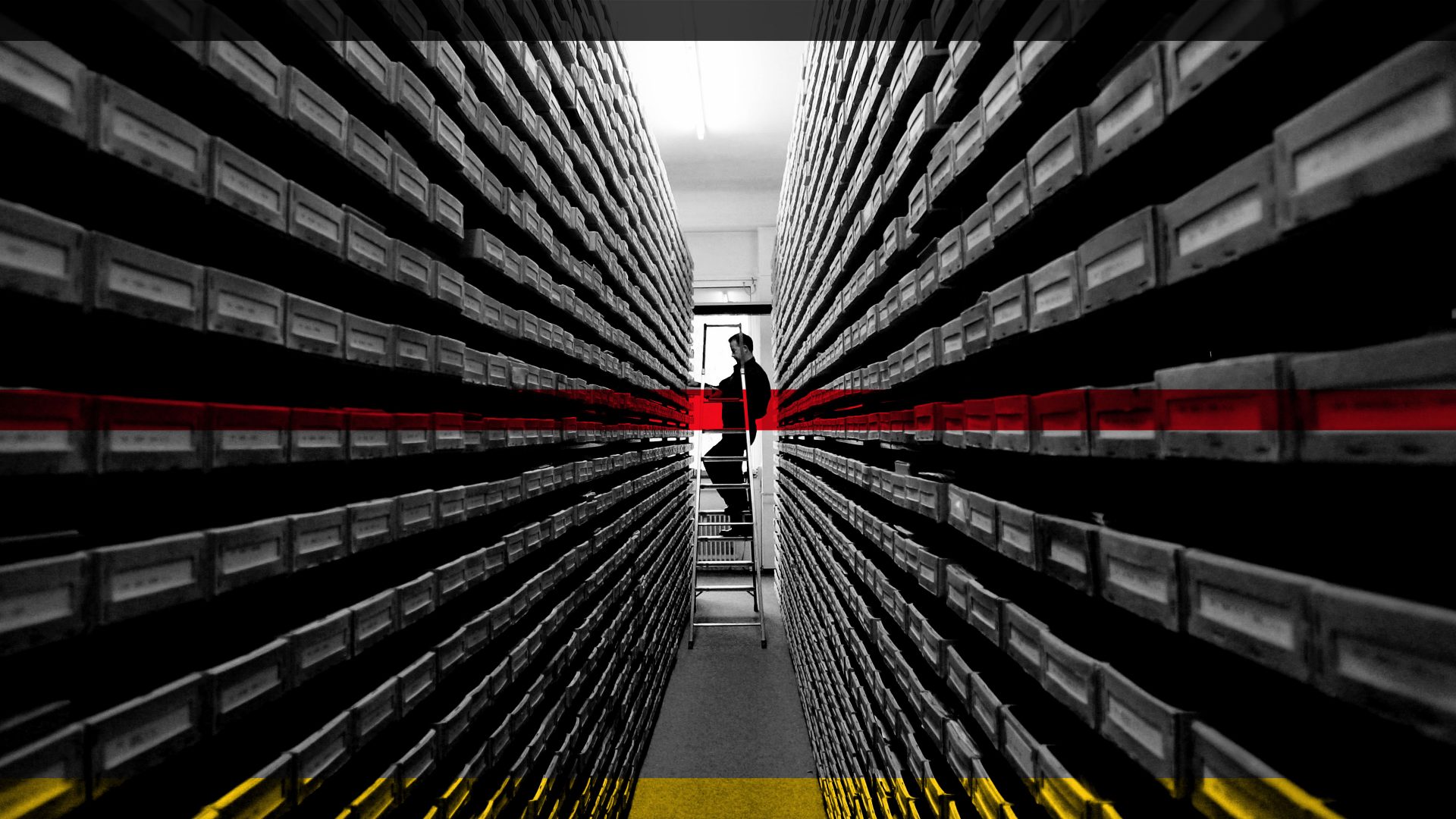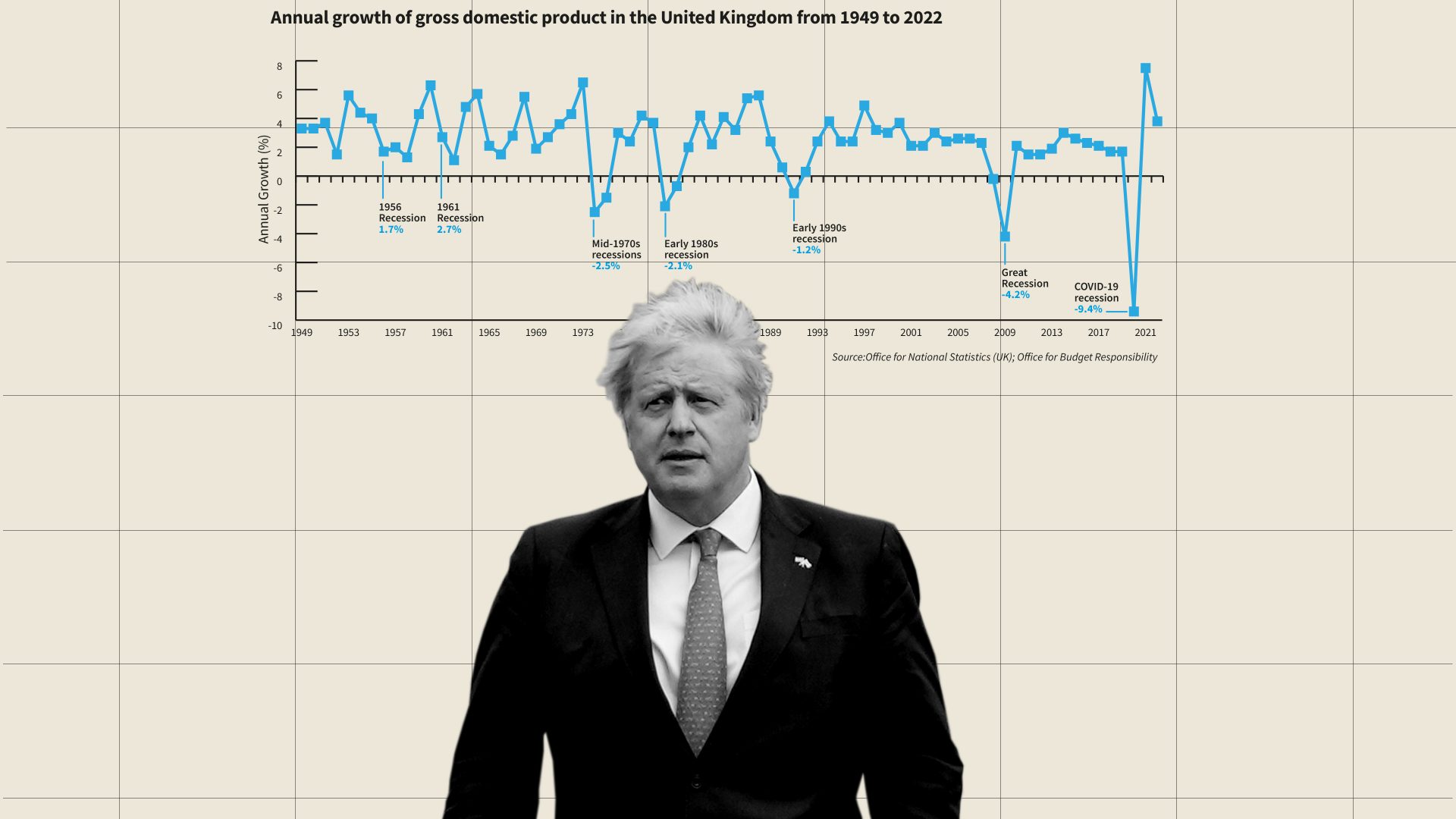When I’m abroad, conversations regularly turn to Germany’s past, and I often hear people praise my country for how it addresses the darkest part of it, the Holocaust.
To agree brings a risk of sounding self-satisfied. And, given the German efficiency at genocide, I’d rather let others judge how efficiently we’re dealing with the aftermath.
The words we created for it are Vergangenheitsbewältigung (coming to terms with the past) and Aufarbeitung (effort to confront the past).
The most difficult term is Wiedergutmachung. It literally means “to make whole again”, which is impossible, but an ongoing attempt – even though the Ministry of Finance’s Wiedergutmachung department frequently receives letters demanding a Schlusstrich, to let bygones be bygones.
To do the opposite, to take the past into the future, the ministry hosted an event last week in Bonn: together with all 16 German state archives and the national Bundesarchiv, it signed an accord to create a web platform for millions of digitised files, the Themenportal Wiedergutmachung. It will be a mammoth two-decade project, involving archivists checking every single page for sensitive data (not to be published), while AI will learn to tell handwriting, seals and ancient typewriting apart.
The files (including prominent names like the composer Arnold Schönberg and writer Thomas Mann) are the testimonies of survivors of Nazi persecution, who claimed compensation from the state after the second world war.
Some historical background: in 1952, Israel’s then foreign minister, Moshe Sharett, and the West German chancellor, Konrad Adenauer, signed a reparations agreement in Luxembourg.
The idea of accepting payments had been massively contentious in Israel (and didn’t enthuse the German treasury either). Likud party founder Menachem Begin and many others were outraged by the idea of “blood money”, but Israel’s first prime minister, David Ben-Gurion, supported the historic deal. And so, for the first time after a war, individuals were able to claim compensation against a state.
Seventy years on, last week’s meeting was anything but a self-congratulatory get-together of administration and archivists. Because the files also show how victims of Nazi cruelty were victimised again by postwar civil servants who had seamlessly moved from Aryanisation departments to compensation departments.
On stage, one archivist described the arrogance with which German bureaucrats had treated those who had escaped by the skin of their teeth. How health checks by German doctors to substantiate the claims traumatised them yet again. How victims would claim restitution for their businesses but not personal compensation, to avoid the ordeal of laying bare their suffering in front of those who had caused it in the first place.
Around €70bn (£59.5bn) has been paid in compensation. A lot of today’s money goes into medical care for elderly survivors. But many victims were not compensated until much later, among them Sinti, Romanies and homosexuals – it took until the 1980s for the government and the courts to see them as qualifying for payments. And Eastern European survivors only received financial recognition after the end of the cold war.
Thanks to the digitisation project, this little-known part of Germany’s effort to make amends will gain more visibility. And the overall history will be more readily available to historians, schools and descendants of victims, who will be able to apply from abroad and do the research online. Today, this is only possible in the state archive’s reading rooms.
The platform is part of addressing one of the biggest challenges yet: how to continue Aufarbeitung and how to keep remembering once witnesses are no longer around to tell their stories.
Like Dr Eva Umlauf, who attended the ministry’s event. One of the youngest survivors of Auschwitz, she is now 79. She owes her life to an engine failure of the deportation train, causing a delay of three days. Had it arrived on time, everyone on it would have been gassed. But during those three days in November 1944, the SS started to demolish the gas chambers to try to hide their crimes.
After speaking on stage, Dr Umlauf went back to her hotel room to talk to a Bavarian school class online, and to read from her book, The Number on Your Forearm is Blue Like Your Eyes.
Let’s hope that many, many other schoolchildren will have the chance to listen to her and other survivors, who help us to “never forget”.




